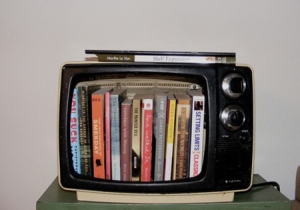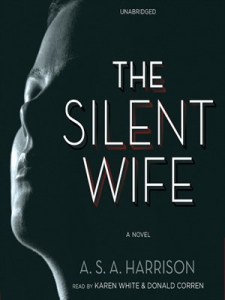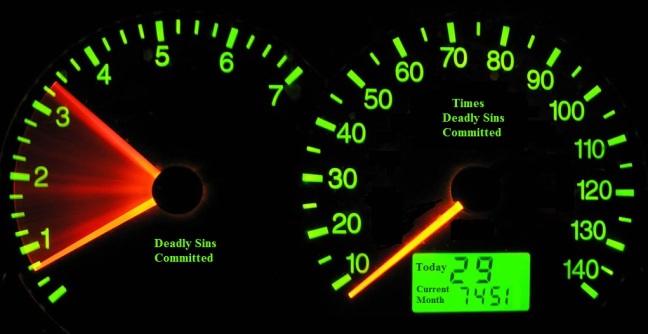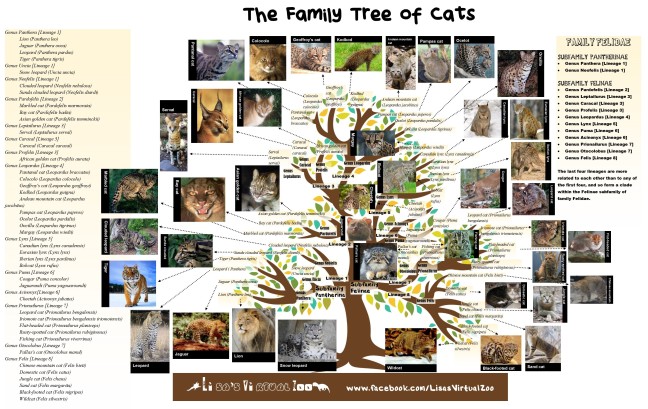 One of my “things” is translations from one media to another. I suppose it started with the James Blish adaptations from the Star Trek tv series. Not the typical direction. Although the next case that got me was the more common book to movie adaptation of Gone With the Wind. I’m also going to make note of the order I encountered them. ST was tv first, of course. GWtW was movie first.
One of my “things” is translations from one media to another. I suppose it started with the James Blish adaptations from the Star Trek tv series. Not the typical direction. Although the next case that got me was the more common book to movie adaptation of Gone With the Wind. I’m also going to make note of the order I encountered them. ST was tv first, of course. GWtW was movie first.
Lately I keep diving into translations of books to tv series. I’m not currently pursuing any of these, but I wanted to start this blog entry as an outline for future blogs.
Usually when I say “book” I mean “audio book” and when I say “read” I mean “listen.” An audio book is adaptation, too, especially an abridged one. In truth, for a lot of these I’ve never actually read the book, but I’m assuming I can judge the faithfulness of a media adaptation if I’ve listened to an unabridged audio version.
Nero Wolfe by Rex Stout. Absolutely THE best book to tv series. Excellent, faithful tv adaptation. Loose radio adaptations. Movies, too, but I only vaguely remember one that starred Dark Shadows’ Thayer David. About half the series is  available on excellent audio books read by Michael Prichard. Movie, radio, audiobooks, tv.
available on excellent audio books read by Michael Prichard. Movie, radio, audiobooks, tv.
(I just found this — https://en.wikipedia.org/wiki/Nero_Wolfe#Adaptations and am in shock. William Shatner as Archie Goodwin. That would have been 6 or 7 years before Star Trek.)
Brother Cadfael by Ellis Peters. Faithful tv and radio. Audiobooks available by a variety of readers, including some abridged versions read by Derek Jacobi who was in the tv version. Audiobooks, tv, radio, and I still haven’t seen all the tv.
Dexter by Jeff Lindsay. Even where the tv series uses plots and dialog from the books, it gives it a very different spin. I love the first two books, don’t even count the 3rd as part of the series, and like the other books. I don’t like the tv series. However, I’m fascinated by trying to figure out why I judge them all so differently, so I keep re-listening and re-watched even the versions I don’t like. Multiple audiobook versions for some, including read by the author. Audiobooks, tv.
Wooster and Jeeves by P.G. Woodhouse. Multiple audiobook versions including same wonderful FREE versions from Librivox. Multiple radio adaptations, most excellent and faithful and available online for FREE. TV series is uneven in quality and faithfulness but visually gorgeous. Audiobooks, radio, tv.
The Dead Zone by Stephen King. My favorite King book and not available as an audiobook. All my previous examples were book series adapted to tv, and, of course, it’s much more difficult to stretch a single book into a series. In this case, they did a terrible job of it. I had mixed feelings about the movie. Book, movie, tv.
The Dome by Stephen King. As above on stretching a book to tv. Awful book, awful tv. Audiobook, tv.
Note: I was once a huge King fan, but he hasn’t written anything good in 20 years. He can still write “page-turners” though, but I’m usually so disappointed by the end. I keep listening to the new audiobooks when they come out, since my library and/or Library2Go always gets them. So far only one was so bad I didn’t finish it. And only one was interesting enough for me to listen to a second time. But when I get a chance to see a movie or tv adaptation, I watch it. The only time I thought the movie was better than the book was when I saw the movie first. But I’m not going to try to even remember all of them and if they were movies or mini-series. They were mostly so forgettable that I forgot them soon after I read or watched them, so can’t do any comparisons.
The Cousin’s War by Phillipa Gregory. TV version is The White Queen, which I love. I’ve just started listening to the audiobook versions. TV, audiobooks.
Flashforward by Robert J. Sawyer. Very little similarity of book (okay) to tv (good). TV, audiobook.
Dresden Files by Jim Butcher. Very little similarity of books (variable from great to good) to tv (good).
Flowers for Algernon by Daniel Keyes. Not a tv series but I recently got engrossed in the adaptations and want to include it. I had read the short story ages ago and thought it was a masterpiece. When I saw my library had it as an audiobook, I took it out and was terribly disappointed. When I tried to figure out why I discovered that it was a novelization made from the short story. I also discovered there had been two movie adaptations, (when I watched the earliest one, I realized I had seen it before) stage plays, a musical, and an amazing number of versions on YouTube including one done with sock puppets. I could write a book about similarities and differences of all these different versions. I won’t. But I will do a blog with some observations eventually. Short story, first movie, audiobook of the novel, second movie, audiobook of the short story, YouTube versions.
Well, now that I’ve already departed from just tv adaptations, I’ll mention I recently got off on radio adaptations of short stories. I have a massive Sheldonian spreadsheet to help me organize my collection. But that’s for a future blog.









